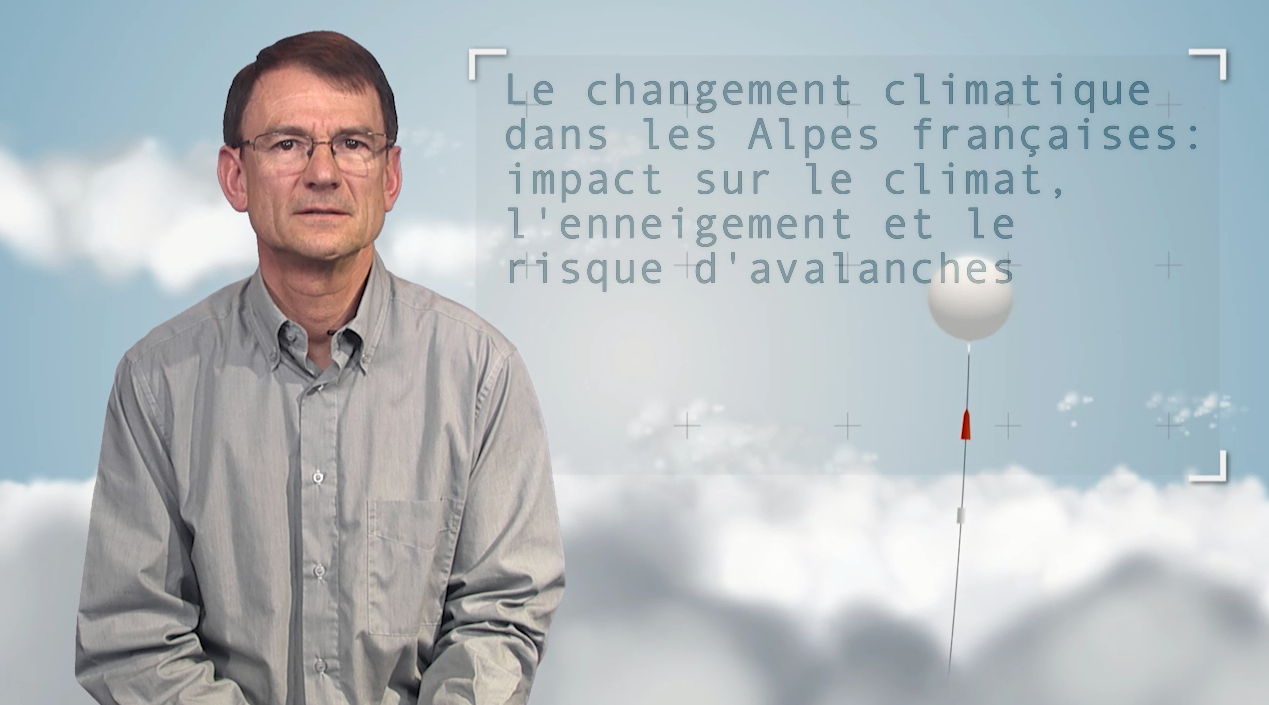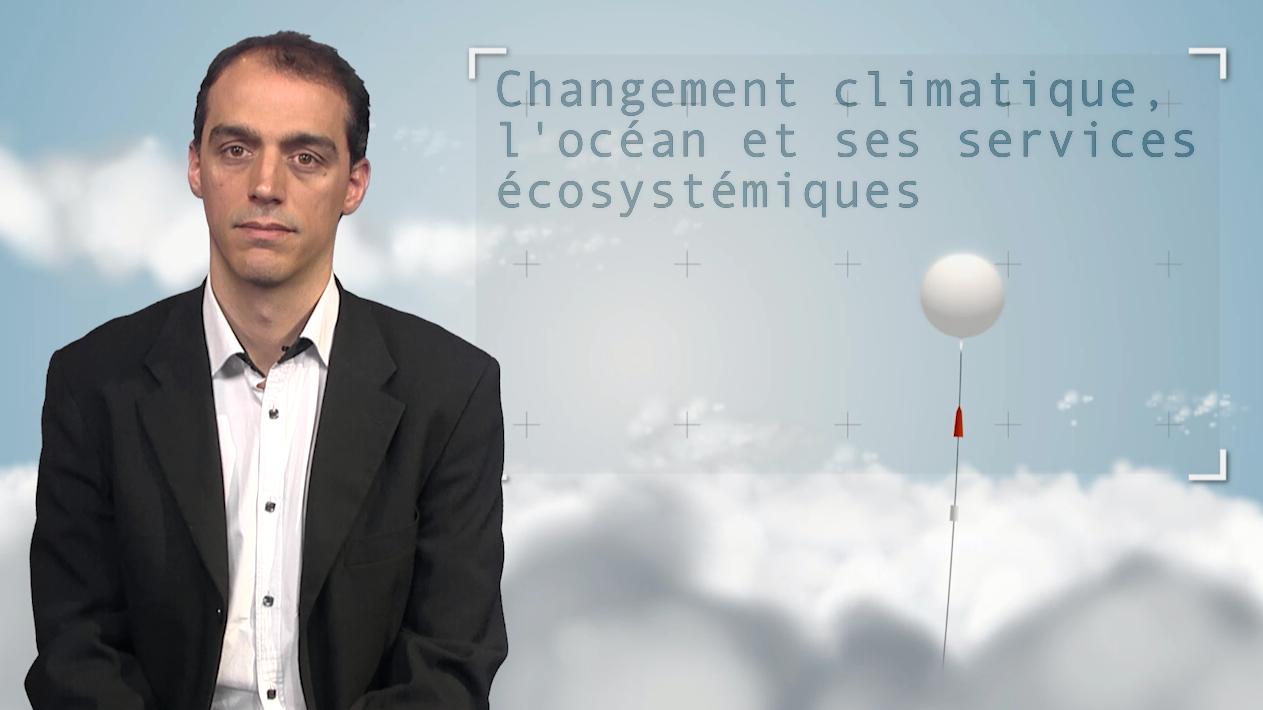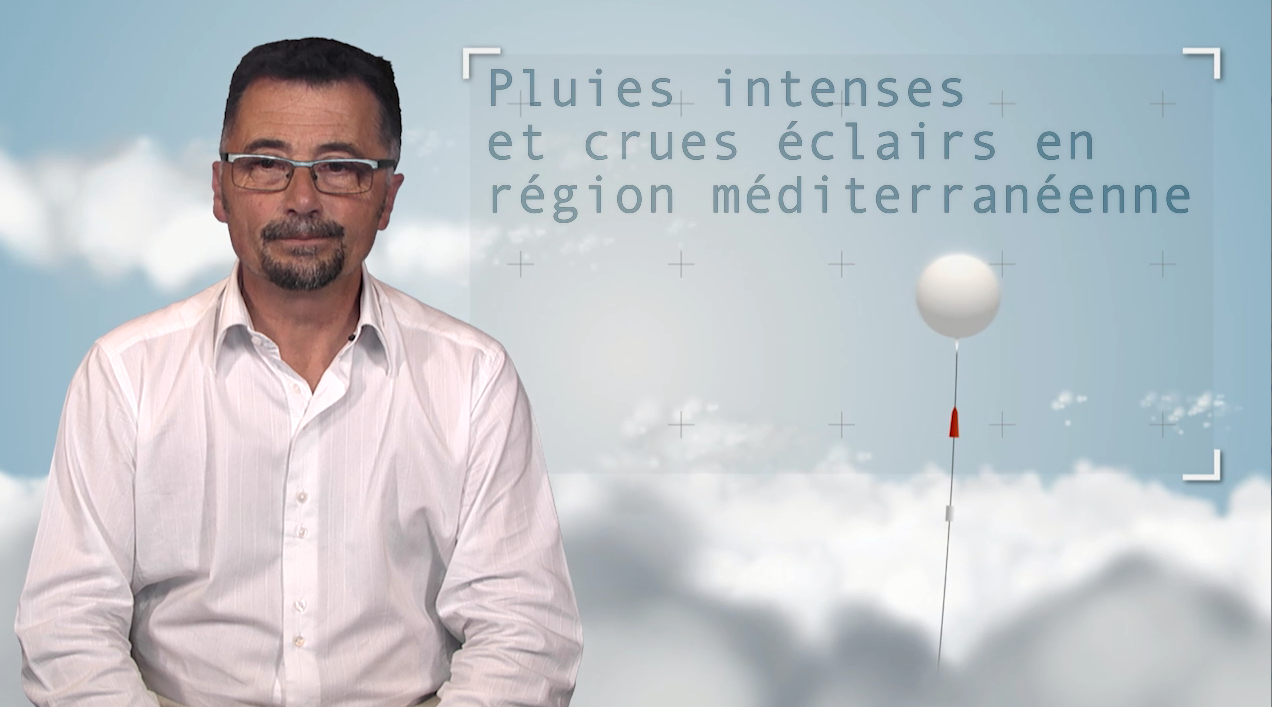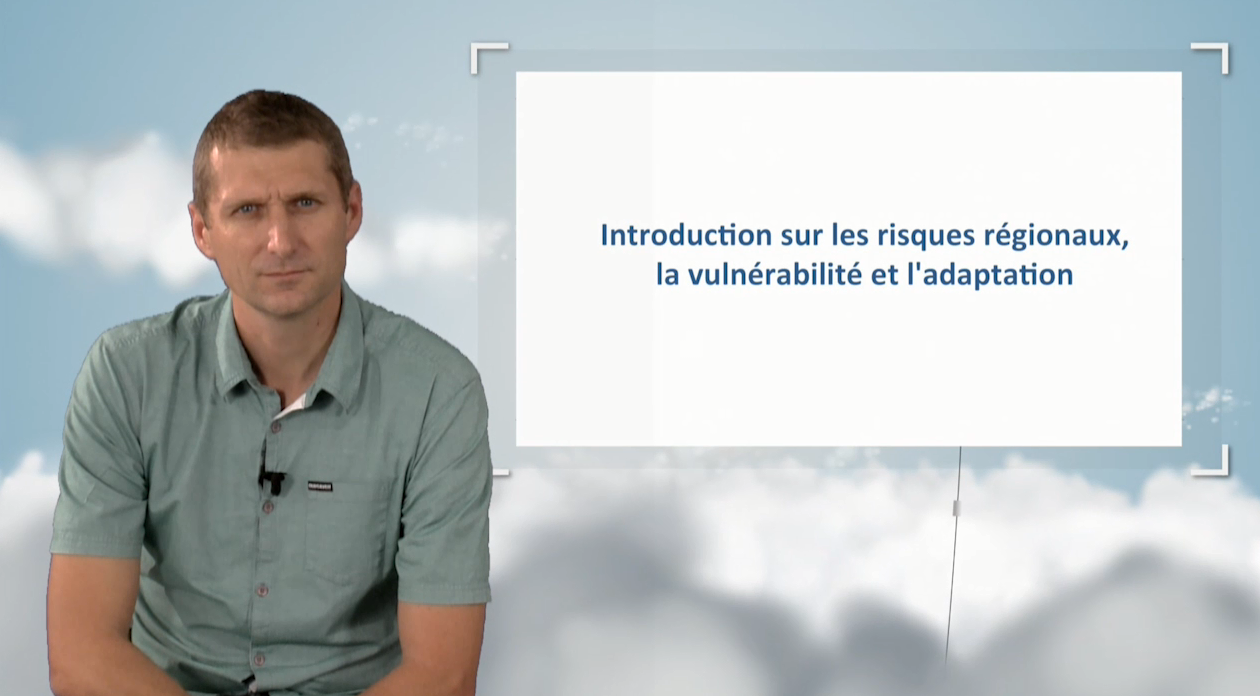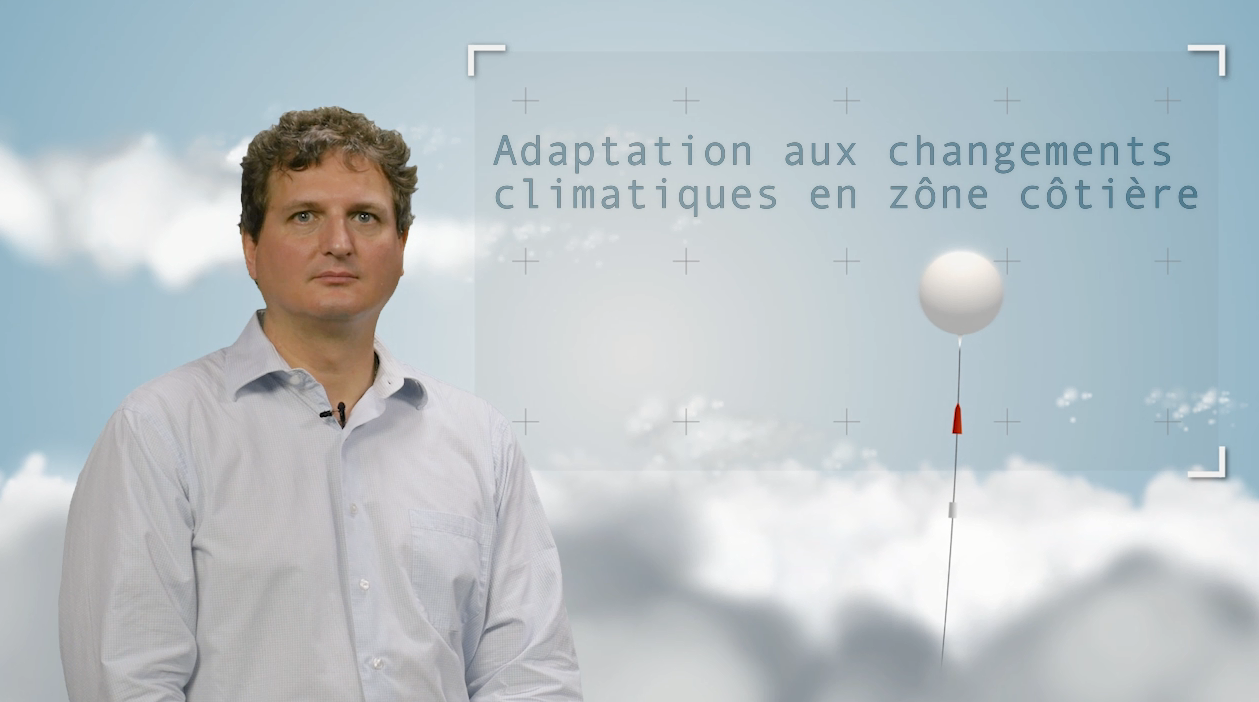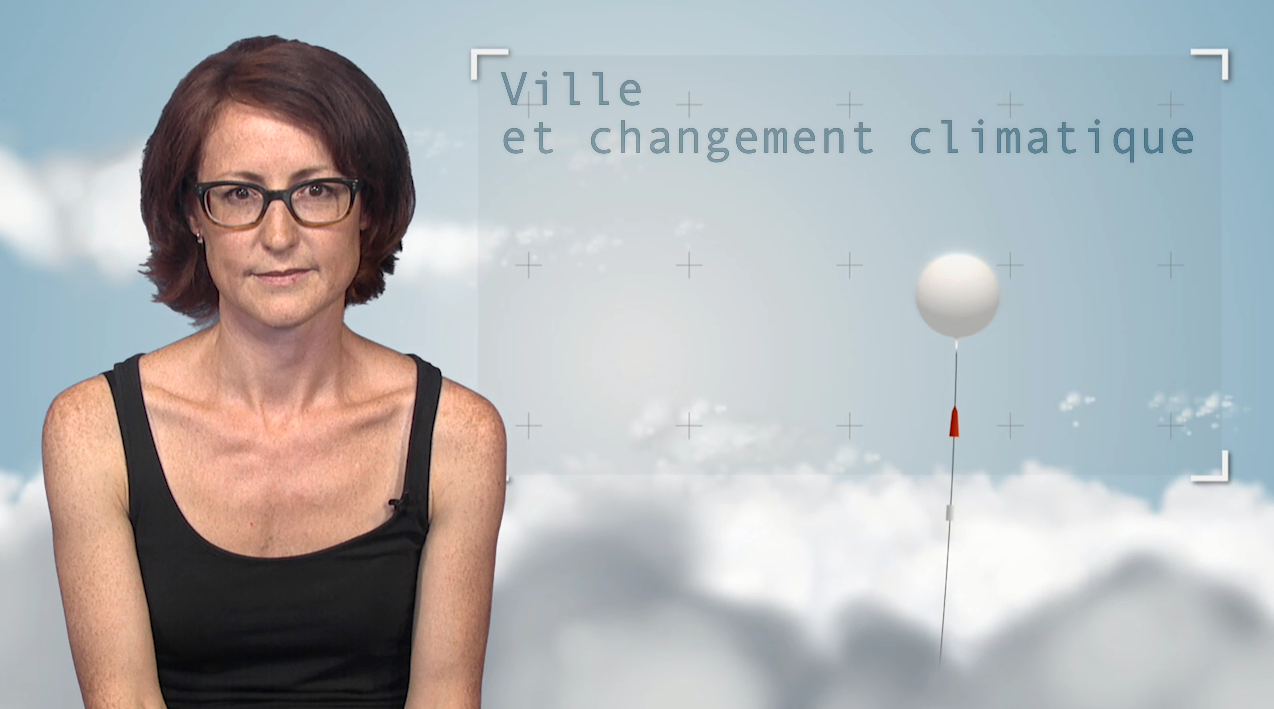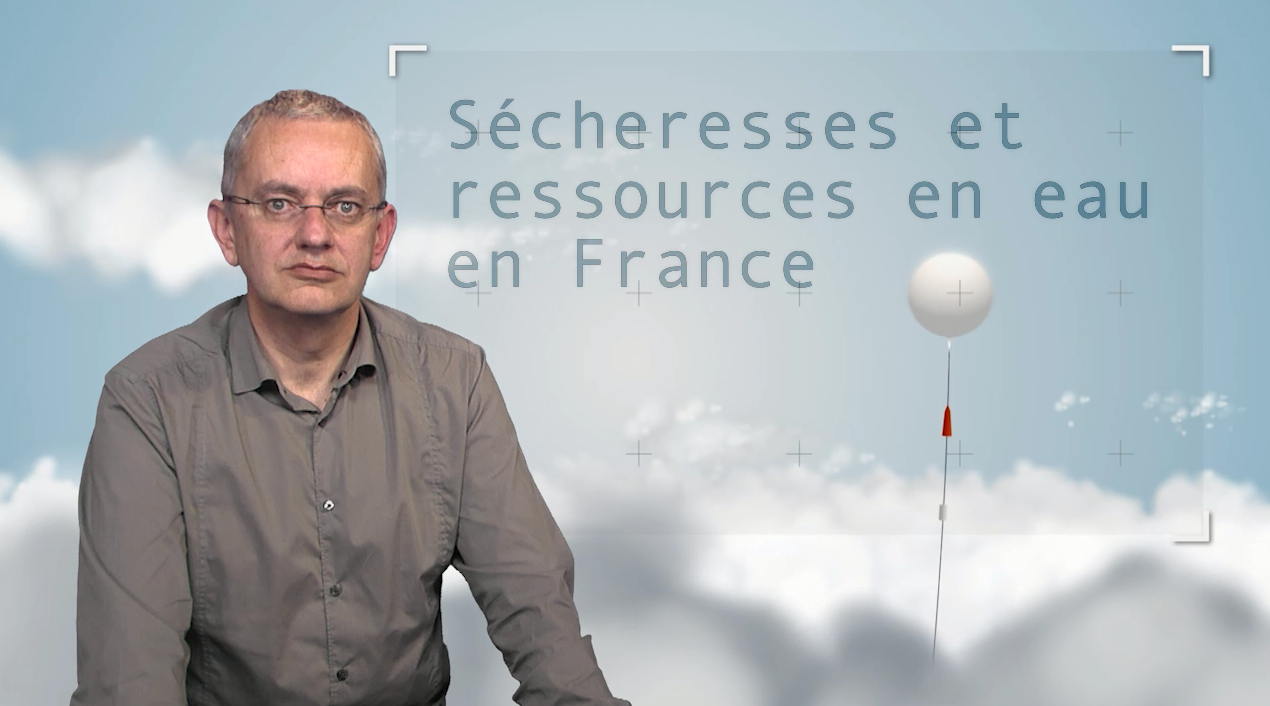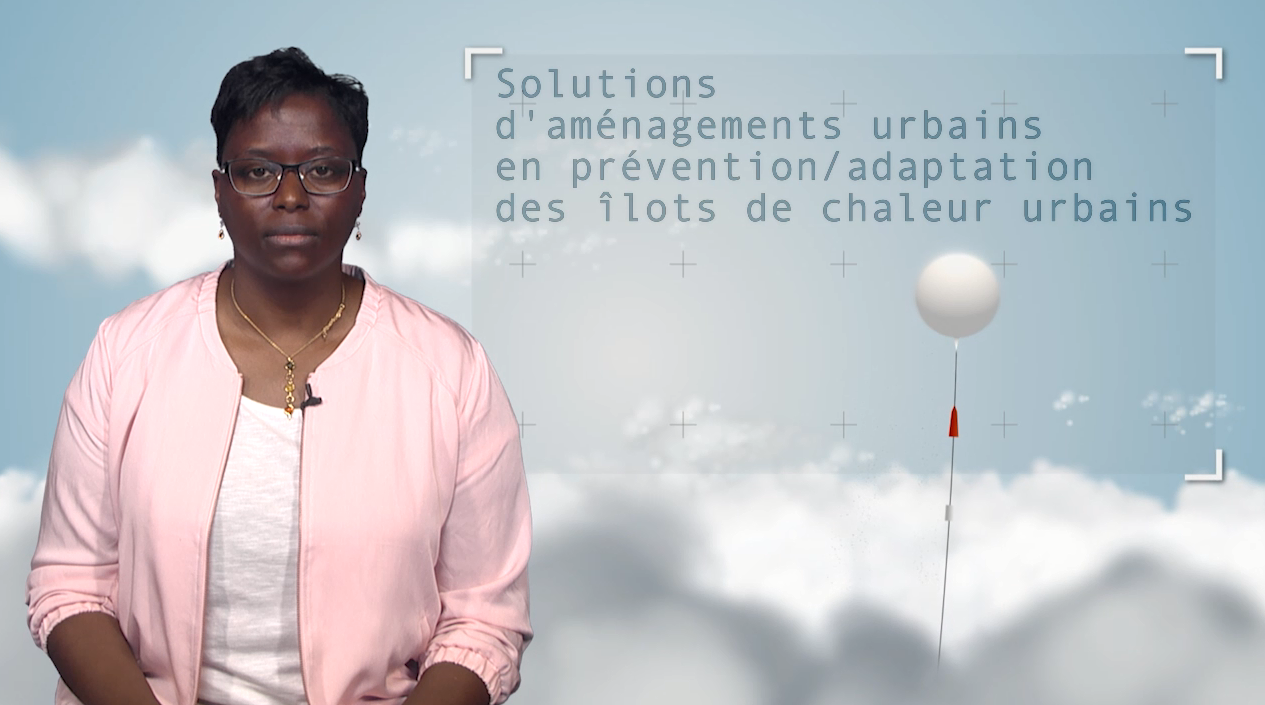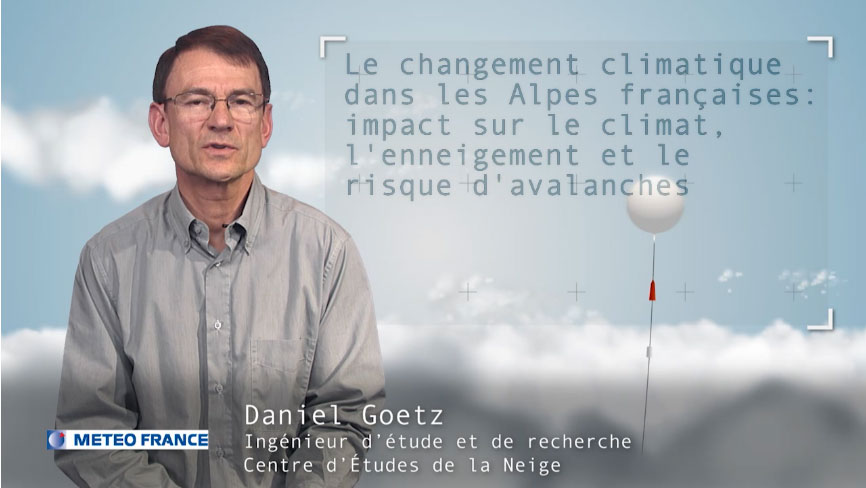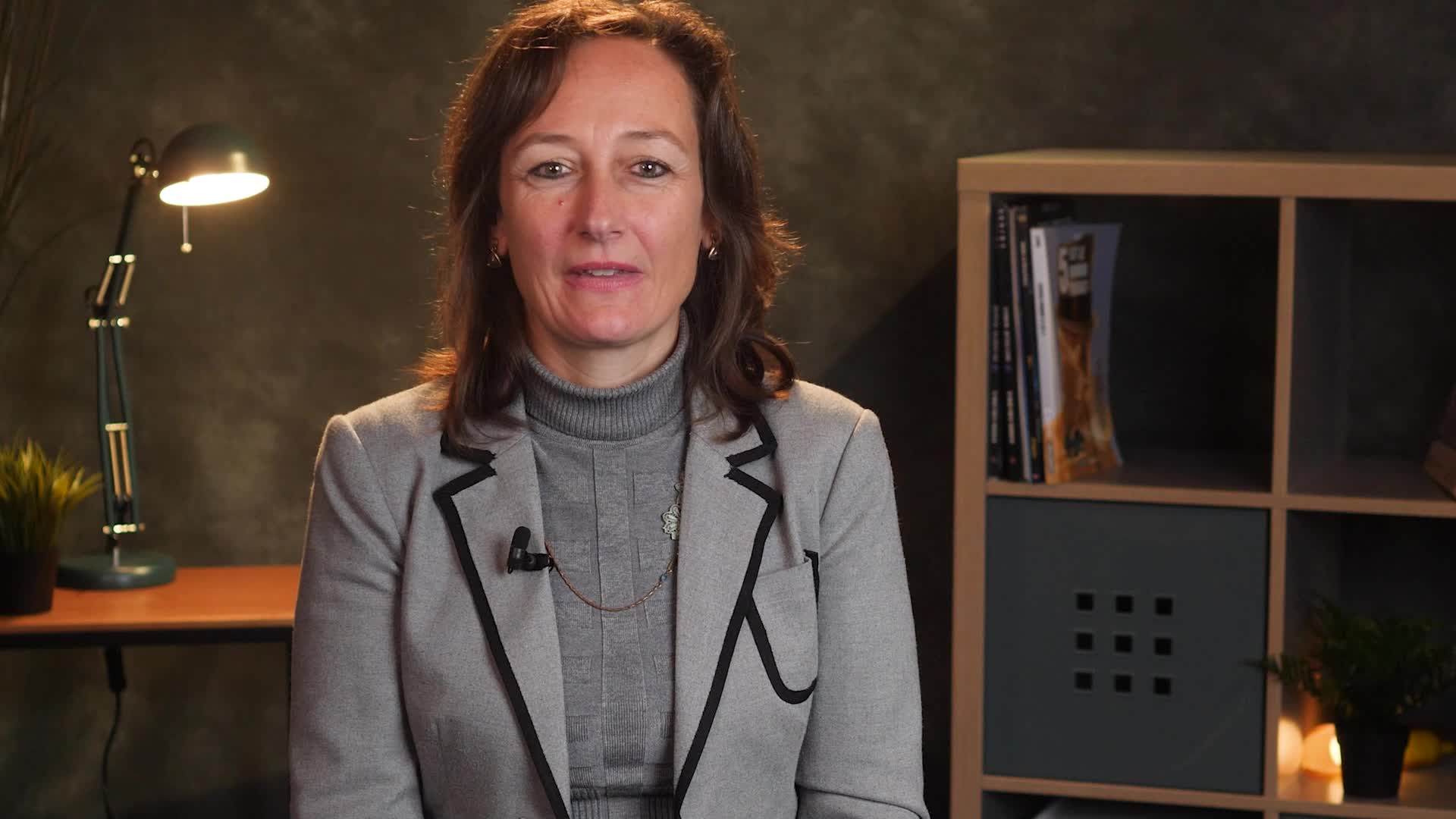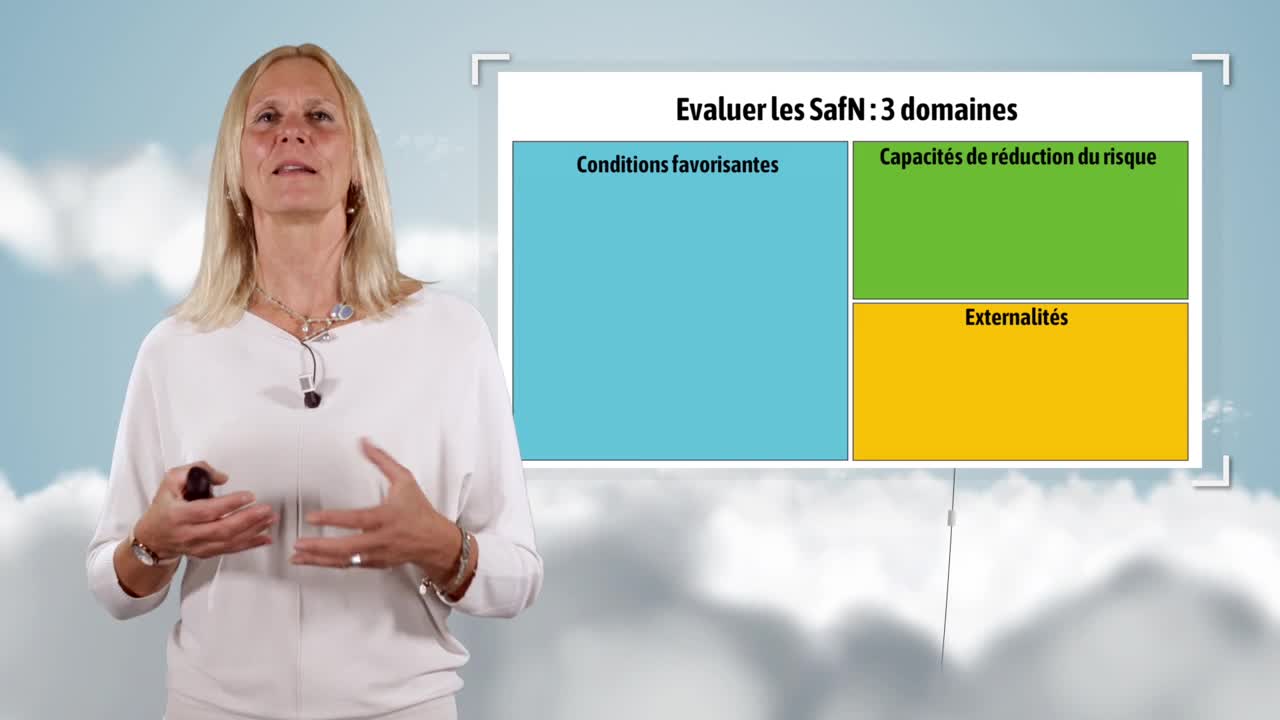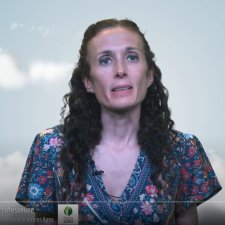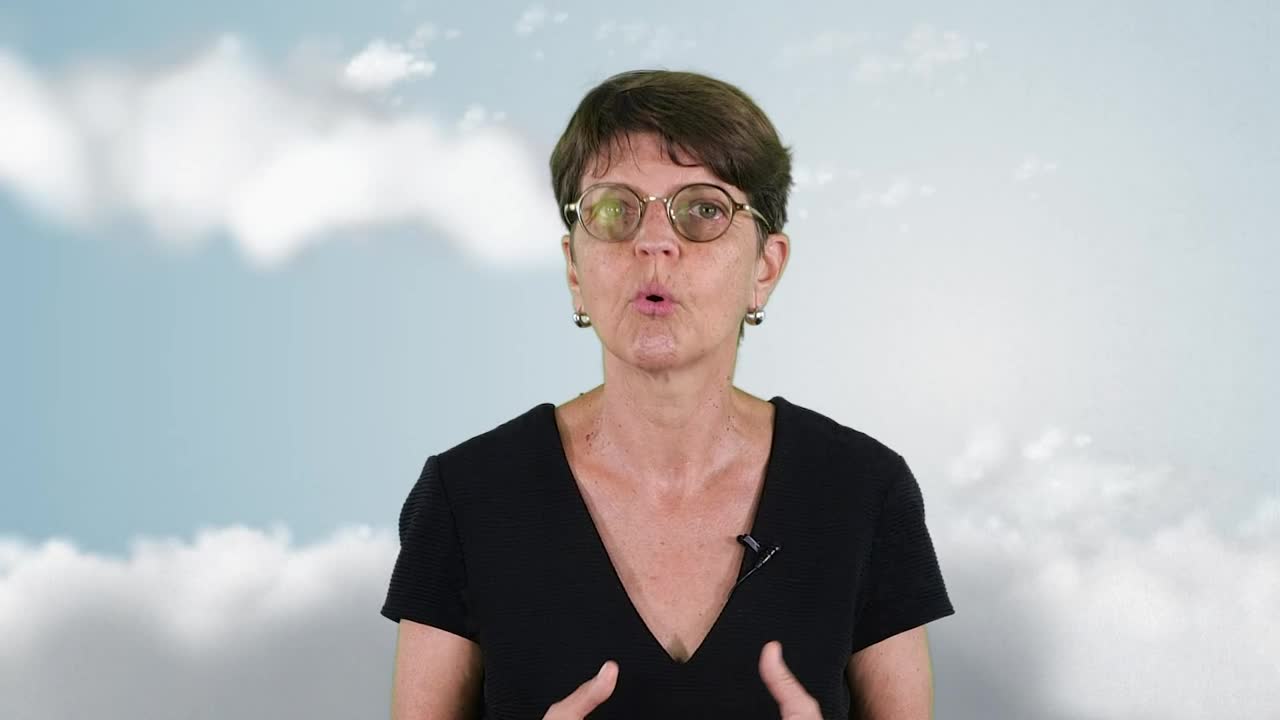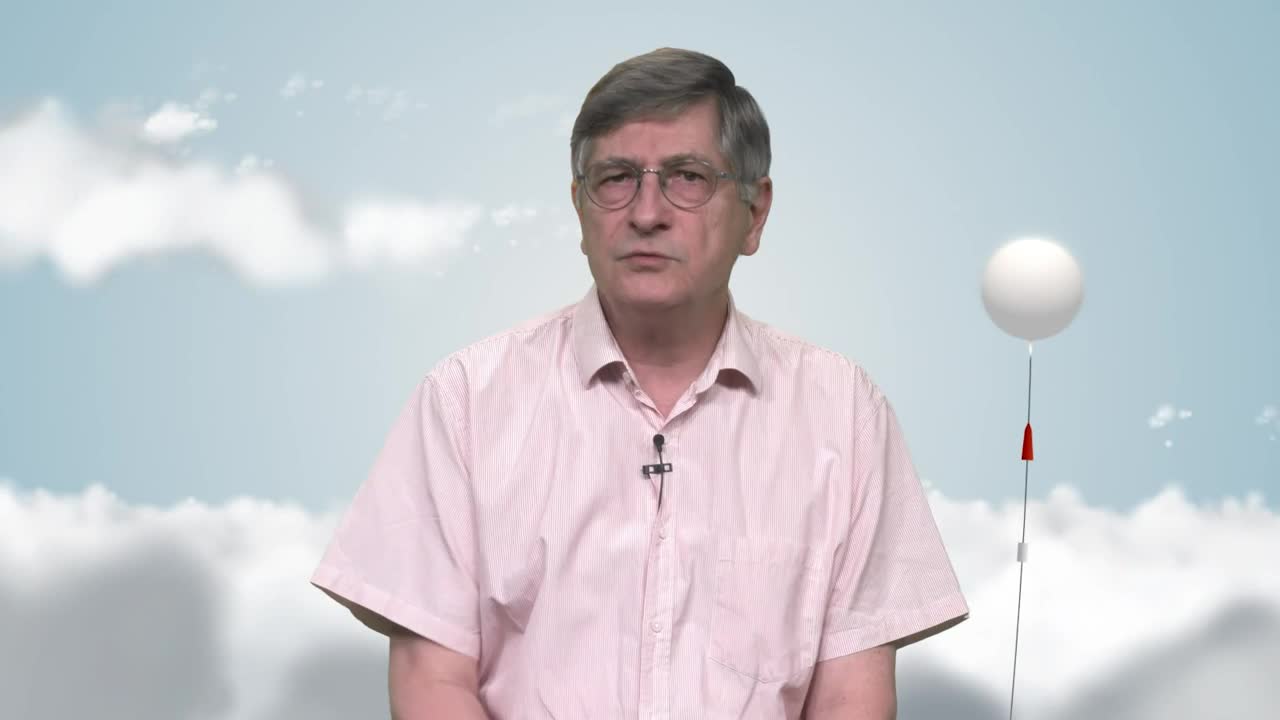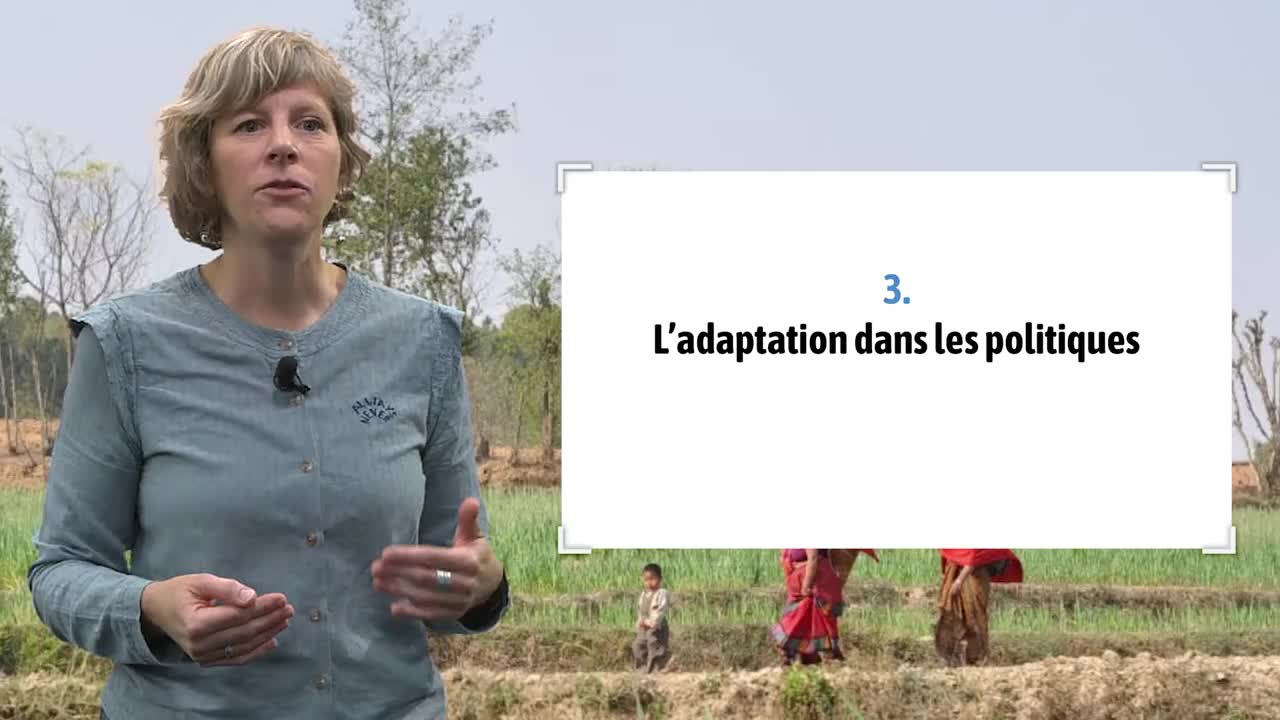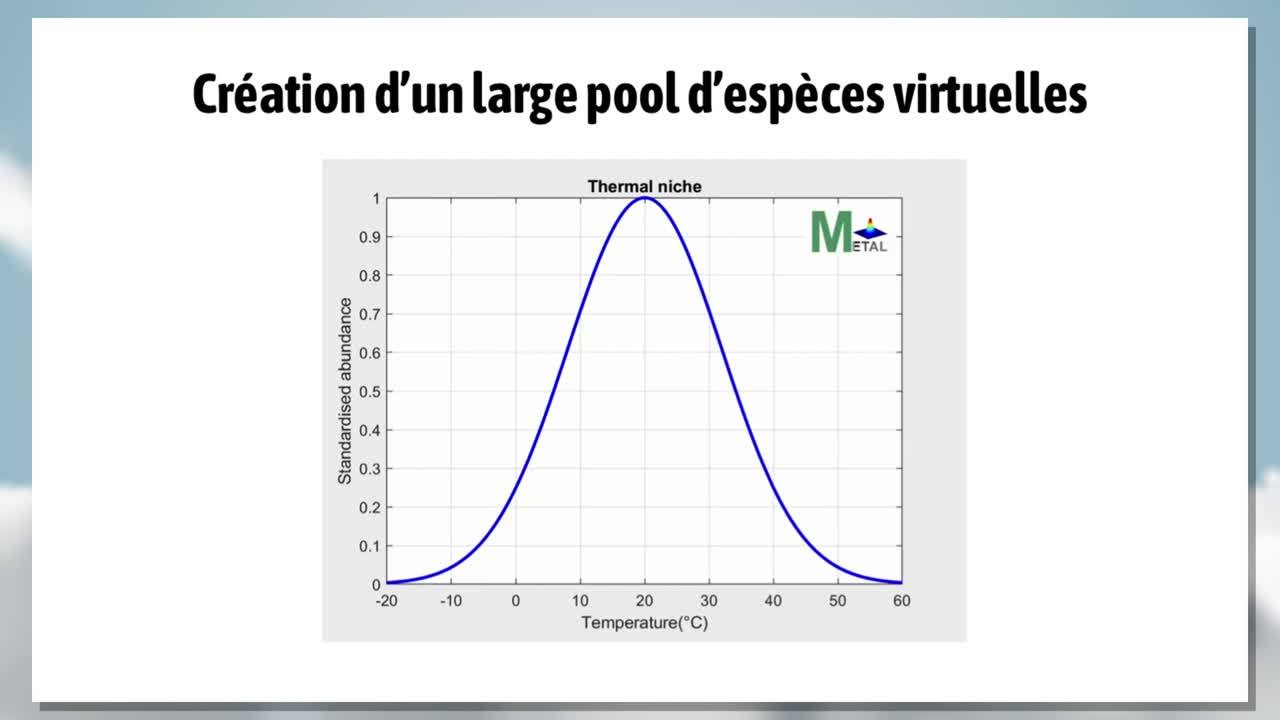Notice
7. Les risques cycloniques
- document 1 document 2 document 3
- niveau 1 niveau 2 niveau 3
Descriptif
Dans cette vidéo, Christelle Barthe explique ce que sont les cyclones et discute des tendances passées, actuelles et à venir en lien avec le changement climatique. Elle focalise sa présentation sur le bassin indien Sud-Est et évoque les stratégies d'adaptation des populations exposées au risque cyclonique.
Intervention / Responsable scientifique
Dans la même collection
-
EN-3. Climate change in the French Alps: impacts on the climate, snow coverage and avalanche risk
GoetzDanielDaniel Goetz highlights the recent climatic evolutions, on the french Alpine massif scale. Then he presents the results of models simulating the evolutions of several factors like snow coverage and
-
EN-7. Cyclonic risks
Christelle Barthe explains what are the cyclones and discusses about the past, current and future trends regarding the climate change. She focuses on the South-East Indian bay, and she evokes the
-
EN-8. Climate change, the ocean and ecosystem services
BoppLaurentLaurent Bopp highlights the double trend of ocean warming and acidifcation since a little bit more than one century. He shows the consequences of these phenomena for the marine organisms, and more
-
EN-6. Heavy rainfall and flash floods in the Mediterranean region
DelrieuGuyGuy Delrieu explains what are the heavy rainfall and the associated floods risks in the Mediterranean region. He discusses about the establishment of their model, and about the impact of the climate
-
EN-1. Introduction to the regional impacts of climate change
TuletPierrePierre Tulet recounts the reality of climate change and defines several notions like the risk, the vulnerability and the resilience. Then he presents the five main fields of preoccupation that are
-
EN-9. Adapting to climate change in coastal areas
WeissenbergerSebastianSebastian Weissenberger talks about the impact of the rising sea levels for the human societies living in coastal areas. He distinguishes and illustrates several adaptation strategies of these
-
EN-4. Cities and climate change
LemonsuAudeAude Lemonsu highlights the possible amplification of the heat island in town during the next decades. She presents the results of simulations aiming at seeing what urban shapes should be favoured,
-
EN-2. Droughts and water resources across France
MartinÉricEric Martin defines the different kinds of droughts and shows the past, current and future tendencies of these phenomena. He relates several key parameters like the rainfall, the evapotranspiration
-
EN-5. Urban development solutions for preventing / adapting urban heat islands
DavidFabienneFabienne David explains the phenomenon of heat islands and evokes several solutions of urban planning to try to reduce it. She especially mentions the role of revegetation and the role of the water
-
9. Adaptation aux changements climatiques en zone côtière
WeissenbergerSebastianDans cette vidéo, Sebastian Weissenberger discute de l'impact de l'élévation du niveau des mers pour les sociétés humaines situées en zone côtière. Il distingue et illustre plusieurs stratégies d
-
3. Le changement climatique dans les Alpes françaises : impact sur le climat, l'enneigement et le r…
GoetzDanielDans cette vidéo, Daniel Goetz met en évidence les évolutions climatiques récentes à l'échelle du massif alpin français. Il présente ensuite les résultats de modèles qui simulent les évolutions de
-
6. Pluies intenses et crues éclairs en région méditerranéenne
DelrieuGuyDans cette vidéo, Guy Delrieu explique ce que sont les pluies intenses et les risques de crues qui leur sont associés en région méditerranéenne. Il discute de leur modélisation, et de l'impact du
Sur le même thème
-
Lecture en braille de l'ouvrage "Le vénérable Mélèze" de Gilles Mottet à la médiathèque Marguerite …
ChotinAnneLe 14-05-2025 a eu lieu une lecture en braille de l'ouvrage "Le vénérable Mélèze" de Gilles Mottet à la médiathèque Marguerite Duras à Paris, organisée par l'INSEI et la Fédération des Aveugles et
-
Présentation du Service des Documents Adaptés aux Déficients Visuels (SDADV)
Le service des documents adaptés aux personnes déficientes visuelles, SDADV, est un service du pôle ressources de l’Institut National Supérieur de Formation et de Recherche pour l’Éducation Inclusive.
-
William Blake et « l’impression enluminée »
Collé-BakNathalieWilliam Blake et « l’impression enluminée » par Nathalie Collé (Université de Lorraine)
-
La reconstruction éthique à Saint-Martin après Irma - Annabelle Moatty
MoattyAnnabelle"La recherche vise la caractérisation et l’analyse des mécanismes de solidarité mis en place après le passage du cyclone afin de comprendre leurs poids dans les processus de résilience et d’adaptation
-
Nature-based climate change adaptation solutions in French overseas departments
DuvatVirginieVirginie Duvat, a professor at La Rochelle University, looks at Nature-based Solutions (NbS) in this video.
-
Mixed farming and climate change
Ellies-OuryMarie-PierreMarie-Pierre Ellies, a professor at Bordeaux Sciences Agro, discusses the changes taking place in mixed crop and livestock farming areas in the context of climate change in this video.
-
Coastal areas and climate change
CastelleBrunoBruno Castelle, a CNRS research director, discusses the adaptation of coastal areas to climate change in this video.
-
Mountain tourism in the face of climate change
George-MarcelpoilEmmanuelleEmmanuelle George, a researcher at the INRAE, looks at the changes in activity in French ski resorts in the context of climate change in this video.
-
Urban areas and climate change
CompagnonDanielDaniel Compagnon, a professor at Sciences Po Bordeaux, looks at the multiple challenges caused by climate change on urban environments in this video.
-
Adaptation to climate change: an introduction
SchipperE. Lisa F.Lisa Schipper, a professor at the University of Bonn (Germany), looks at adaptation to climate change in this video.
-
Marine biodiversity and climate change
BeaugrandGrégoryGrégory Beaugrand, a CNRS research director, discusses how marine biodiversity responds to climate change in this video.
-
Zones littorales et changement climatique
CastelleBrunoBruno Castelle, directeur de recherche au CNRS, discute dans cette vidéo de l’adaptation des zones littorales au changement climatique.


